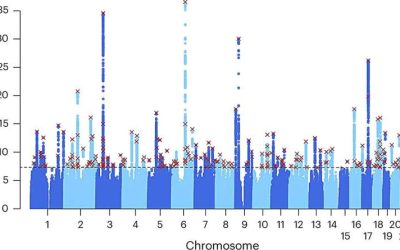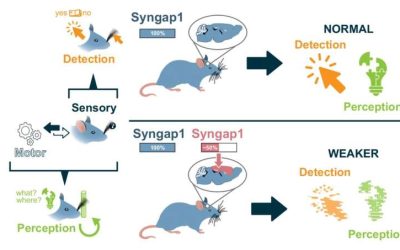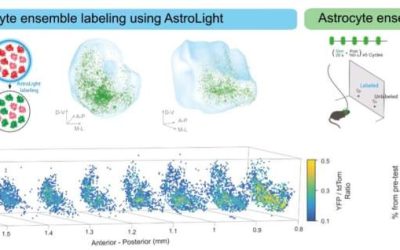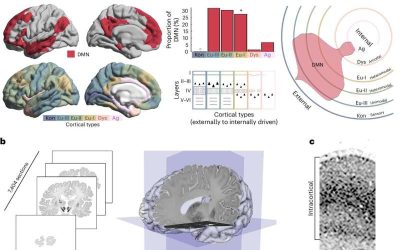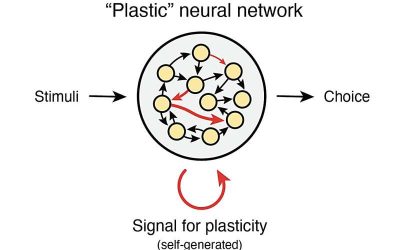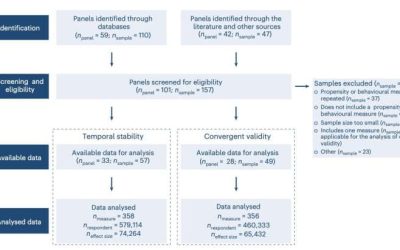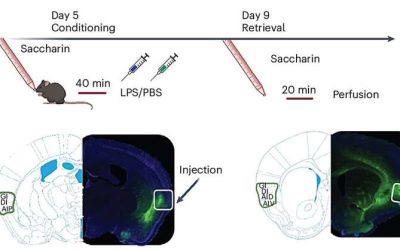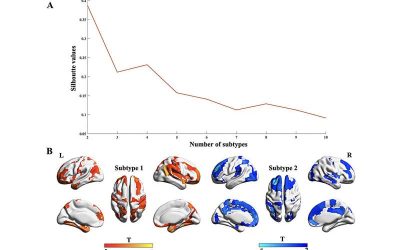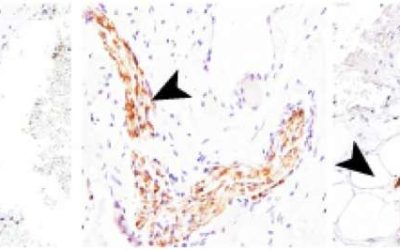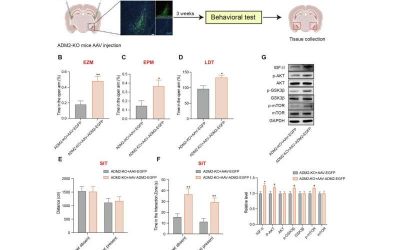Past research studies have consistently found that there are disparities in the health outcomes of people from different socio-economic backgrounds. More recently, some findings hinted at the possibility that genetics also play a role in the widely documented...
MEDICALXPRESS
Mouse model unveils dynamics through which SYNGAP1 gene supports cognitive function
The SYNGAP1 gene, which supports the production of a protein called SynGAP (Synaptic Ras GTPase-Activating Protein), is known to play a key role in supporting the development of synapses and neural circuits (i.e., connections between neurons). Mutations in this gene...
The overlooked astrocyte: Star-shaped brain cells may form specialized networks for reward learning
Most neuroscience research carried out up to date has primarily focused on neurons, the most renowned type of cell in the human brain. As a result, the unique functions of other brain cell types are less understood and have often been entirely overlooked.
Mapping the human brain’s default mode network: Anatomical study suggests it has widespread influence
The default mode network (DMN) is a set of interconnected brain regions known to be most active when humans are awake but not engaged in physical activities, such as relaxing, resting or daydreaming. This brain network has been found to support a variety of mental...
Brain-inspired neural networks reveal insights into biological basis of relational learning
Humans and certain animals appear to have an innate capacity to learn relationships between different objects or events in the world. This ability, known as "relational learning," is widely regarded as critical for cognition and intelligence, as learned relationships...
Exploring the stability of risk preference: Meta-analysis reveals discrepancies in how it’s measured
Past psychology research suggests that some people are more prone than others to take risks in uncertain situations, such as investing money in risky business ventures, consuming addictive substances or leaving a secure job without any sure alternative prospects. Over...
Neural pathway in mice sheds light on how the brain regulates learned immune responses
The brain of humans and other animals is known to contribute to the protection of the body from infections. Past studies have unveiled the existence of the so-called conditioned immune response (CIR), which is a form of Pavlovian conditioning that entails the...
Gray matter study uncovers two neuroanatomically different OCD subtypes
Obsessive compulsive disorder (OCD) is a mental health disorder associated with persistent, intrusive thoughts (i.e., obsessions), accompanied by repetitive behaviors (i.e., compulsions) aimed at reducing the anxiety arising from obsessions. Past studies have showed...
The link between renal failure and Parkinson’s disease: Researchers illuminate the underlying mechanisms
Lewy body diseases (LBDs) are a class of debilitating neurodegenerative disorders linked to the abnormal aggregation of the protein α-synuclein in nerve cells. When misfolded, this protein can produce clumps known as Lewy bodies, which can adversely impact the...
Blood vessel growth factor alleviates anxious behaviors in mouse study
Anxiety disorders, characterized by an excessive apprehension about real or perceived threats and dysfunctional behaviors aimed at avoiding these threats, are among the most common mental health conditions. Estimates suggest that around 4% of the world's population,...

